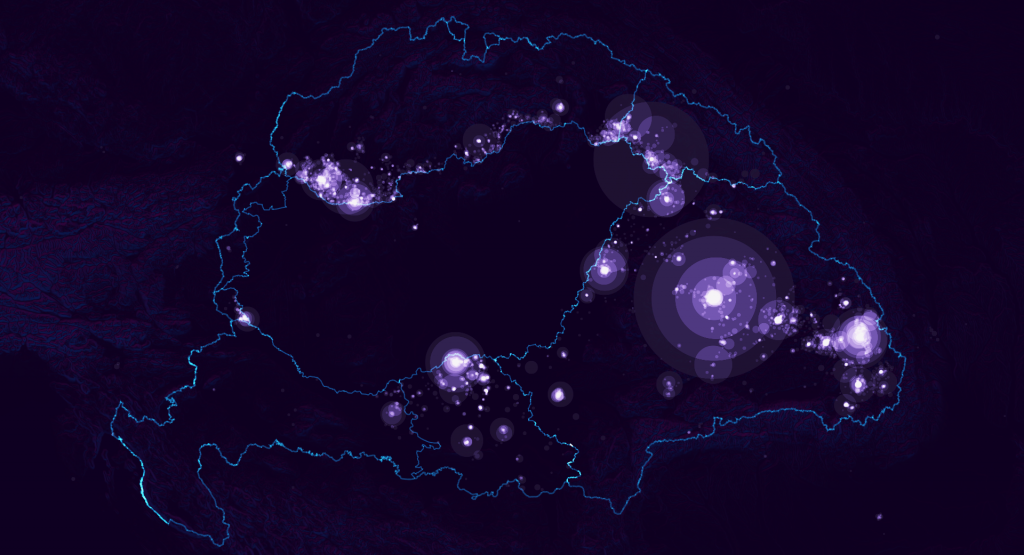The https://english.atlatszo.hu use cookies to track and profile customers such as action tags and pixel tracking on our website to assist our marketing. On our website we use technical, analytical, marketing and preference cookies. These are necessary for our site to work properly and to give us inforamation about how our site is used. See Cookies Policy
Greater Hungary: taxpayer’s money, Orbán’s control in the neighboring countries
In 10 years the Hungarian government paid at least 670 million euros of grants to national minority organisations abroad –– based on decisions by a government fund totalling at more than 1,4 billion euros. The difference in public spending records connected to indirect financing of political parties, media buying and supporting the church is substantial, yet remains a mystery.

Hungarian communities living mostly in impoverished, rural areas in neighboring countries have seen an unprecedented influx of money in recent years. Churches were renovated, schools were built, and NGOs working in these communities could run their programs without worrying about finances.
Since the 1990s, the various Hungarian governments have always helped the 2,2 million nationals living in neighboring countries to maintain their cultural, educational and religious institutions. Without these grants, many of them could not function over the long term.
After Orbán won the election for the second time in 2010, the number and amounts of grants and other programs targeting Hungarians living abroad began to increase substantially in 2016.
The transparency of the grants decisions is disputable. There is no single, centralised, easily searchable and up-to date public database that offers clear and machine-readable information about the projects that were financed with taxpayers’ money. While there are public calls for small grants where everyone can apply, the criteria upon which the big amounts are decided is not published.
The “Greater Hungary” project of Atlatszo (Hungary), Atlatszo Erdely (Romania), ICJK (Slovakia), CINS (Serbia) and Ostro (Slovenia and Croatia) is based on scraped data and documents about Bethlen Gábor Fund (Bethlen Gábor Alap, BGA) decisions and payments to minority organizations from the National Tenders database. BGA is the largest state fund and is focused on supporting Hungarian organisations abroad.
BGA did not answer questions by the regional group of journalists which concerned public spending safeguards, reporting issues, irreconcilable data between contracts and decisions, and other findings.
Read more on the project webpage:
GREATER HUNGARY – How the Hungarian government pours money outside its boundaries

Share:
Your support matters. Your donation helps us to uncover the truth.
- PayPal
- Bank transfer
- Patreon
- Benevity
Support our work with a PayPal donation to the Átlátszónet Foundation! Thank you.
Support our work by bank transfer to the account of the Átlátszónet Foundation. Please add in the comments: “Donation”
Beneficiary: Átlátszónet Alapítvány, bank name and address: Raiffeisen Bank, H-1054 Budapest, Akadémia utca 6.
EUR: IBAN HU36 1201 1265 0142 5189 0040 0002
USD: IBAN HU36 1201 1265 0142 5189 0050 0009
HUF: IBAN HU78 1201 1265 0142 5189 0030 0005
SWIFT: UBRTHUHB
Be a follower on Patreon
Support us on Benevity!

